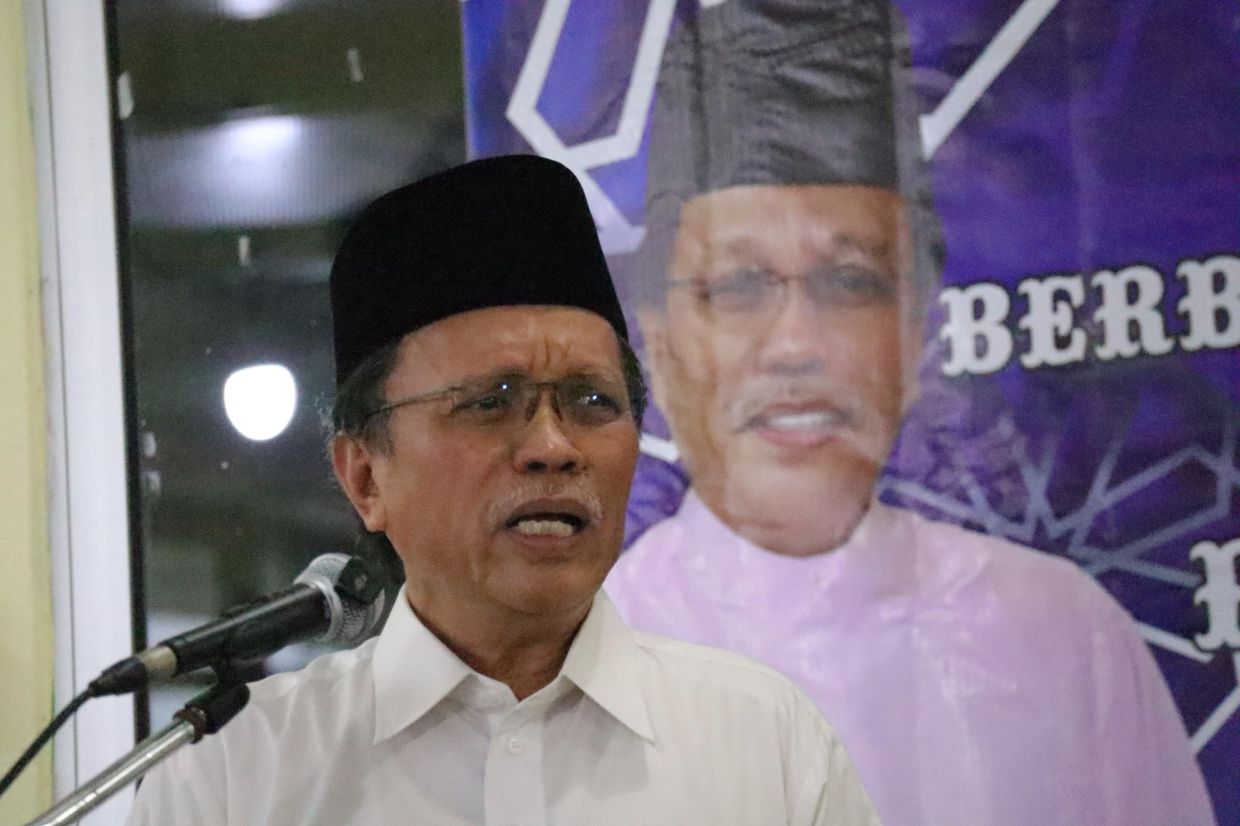
SHANGHAI: Malaysia and China are exploring new areas of cooperation in the manufacture of unmanned aerial vehicles (UAV) that will see a made-in-Malaysia product marketed worldwide, says Datuk Seri Dr Ahmad Zahid Hamidi.
The Deputy Prime Minister said that the cooperation is also expected to give students taking technical and vocational education and training (TVET) courses an advantage from transfer of technology from China.
He then described the collaboration as a milestone for Malaysia in the UAV industry as well as for the TVET education sectors.
“The UAV will change the landscape as to how we do things not just involving security but also agriculture.
“As for the transfer of technology, our TVET students - particularly those studying in UniKL - stand to benefit from the knowledge on how to build the machines,” he told Malaysian media On Wednesday (Sept 11).
ALSO READ: Malaysia, China must tap into halal diplomacy for greater potential, says Zahid
Ahmad Zahid had earlier witnessed the signing of a memorandum of understanding between Mara Aerospace & Technologies Sdn Bhd And Honeycomb Aerospace Technologies (Beijing) Co Ltd.
Honeycomb Aerospace Technologies is the third biggest UAV manufacturer in China.
The signing of the MoU will see a RM100mil investment from the Chinese company to set up a UAV manufacturing facility in Malaysia.
The facility is expected to start in 2025 and is projected to produce around 3,000 UAV once in operation.
ALSO READ: Zahid hopes ties with China will be further strengthened
For the initial phase, Honeycomb Aerospace will set up a UAV assembly facility at the UniKL Malaysian Institute of Aviation Technology campus in Sepang in October.
The Deputy Prime Minister said Honeycomb Technologies wanted to set up operations in Malaysia following good domestic demand as well as from regional markets.
He said the UAV could be used to effectively help in maintaining security, especially along Malaysian borders, with its capacity to monitor an area within 300km radius.
For the agricultural sector, a UAV can be used especially in the seed planting and fertilisation process.
Ahmad Zahid added that he is pleased that the collaboration kicked off immediately.
“Agreements must not be mere gimmicks without having substantial results and outcome,” he said.








































